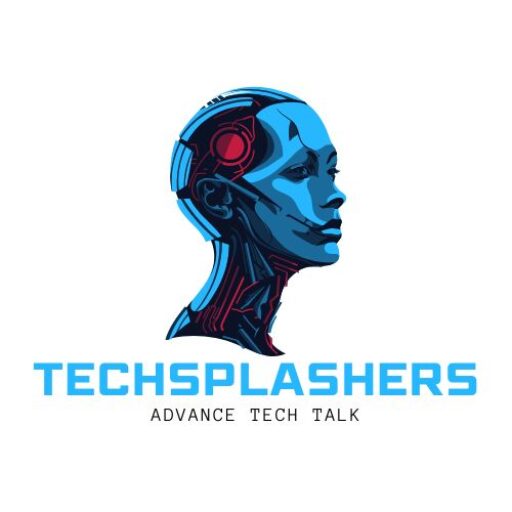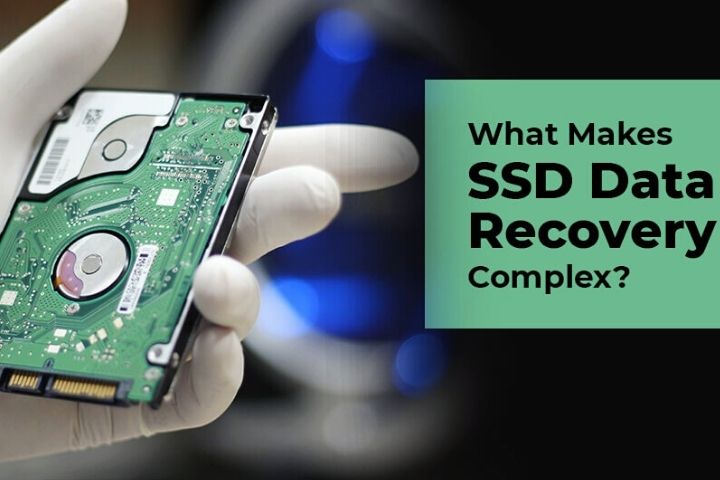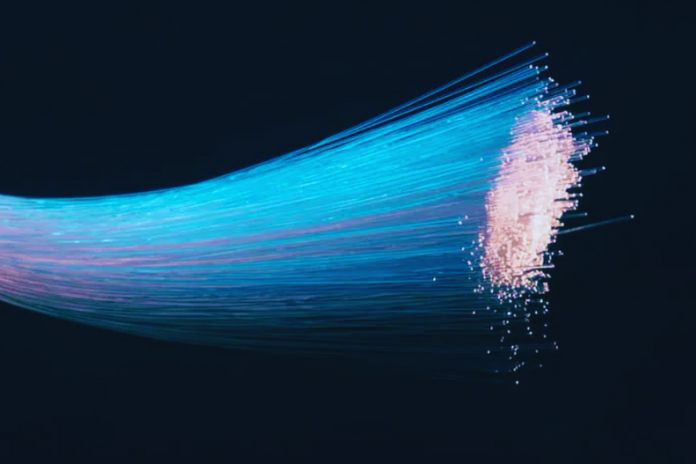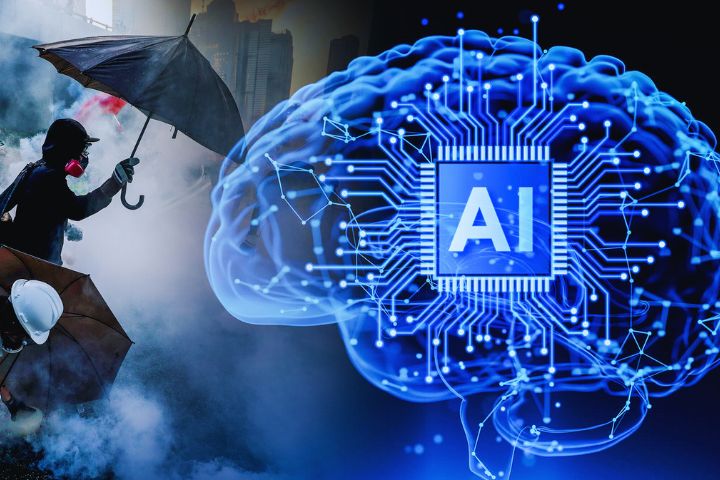In recent times, the use of new storage units as an alternative to hard drives has become widespread: these are SSDs or solid state drives.
Unlike conventional hard drives, SSDs have no moving components, such as magnetic platters, read heads, or motors. The only element that SSDs usually have in common with conventional disks is the electronic controller and also, in most cases, a connection interface such as SATA.
SSD drives are based on flash memory technology. USB flash drives and SD cards, storage devices that are already part of our daily lives, also work with this technology.
How Are SSDs Better Than Conventional Hard Drives?
It can be said that the main advantage of SSDs over conventional hard drives is their response speed.
Conventional drives take a considerable amount of time to get up and running. When starting, the motor must begin to rotate to move the plates until reaching the optimum speed; the reading heads must leave their parking area and move until they are positioned correctly. Then, for each read or write operation, the heads must wait for the rotation of the platters and position themselves in the appropriate sector.
However, on an SSD disk, as it works exclusively with flash memory, reading or writing data is much faster. The time it takes for the drive to wake up and be ready to work is also much shorter, almost instantly.
Pros And Cons of SSD drives
There is therefore no doubt that SSDs have much better performance, and that without a doubt, in the not too distant future, they will gradually replace conventional hard drives in much of our computer equipment.
But not all are advantages with this type of device, with price and capacity being its main disadvantages. An SSD is considerably more expensive than a conventional disk of the same capacity. In addition, the maximum capacity that we can find today in the market for SSDs is much lower than that available in conventional disks.
What To Do In Case Of Data Loss
If you know that your computer uses an SSD and you encounter a file loss or accidental deletion situation, we recommend that you immediately turn off your computer and take your SSD to professionals for data recovery.
If the device is still on –either because you are working with it, or because you are trying to recover the data at home–, for every minute that passes, more information will be irretrievably deleted by the device itself, making it impossible to recover the data. the data even by professionals.
This particularity of SSD drives can be considered a good security measure by those who want their deleted or old information to be unrecoverable by anyone, but it can also be a big problem in the event of accidental loss of information.
We end by remembering, as always, that the best prevention is to have one or more backup copies, updated and verified, so as not to find ourselves needing to request data recovery.












Leave a Reply